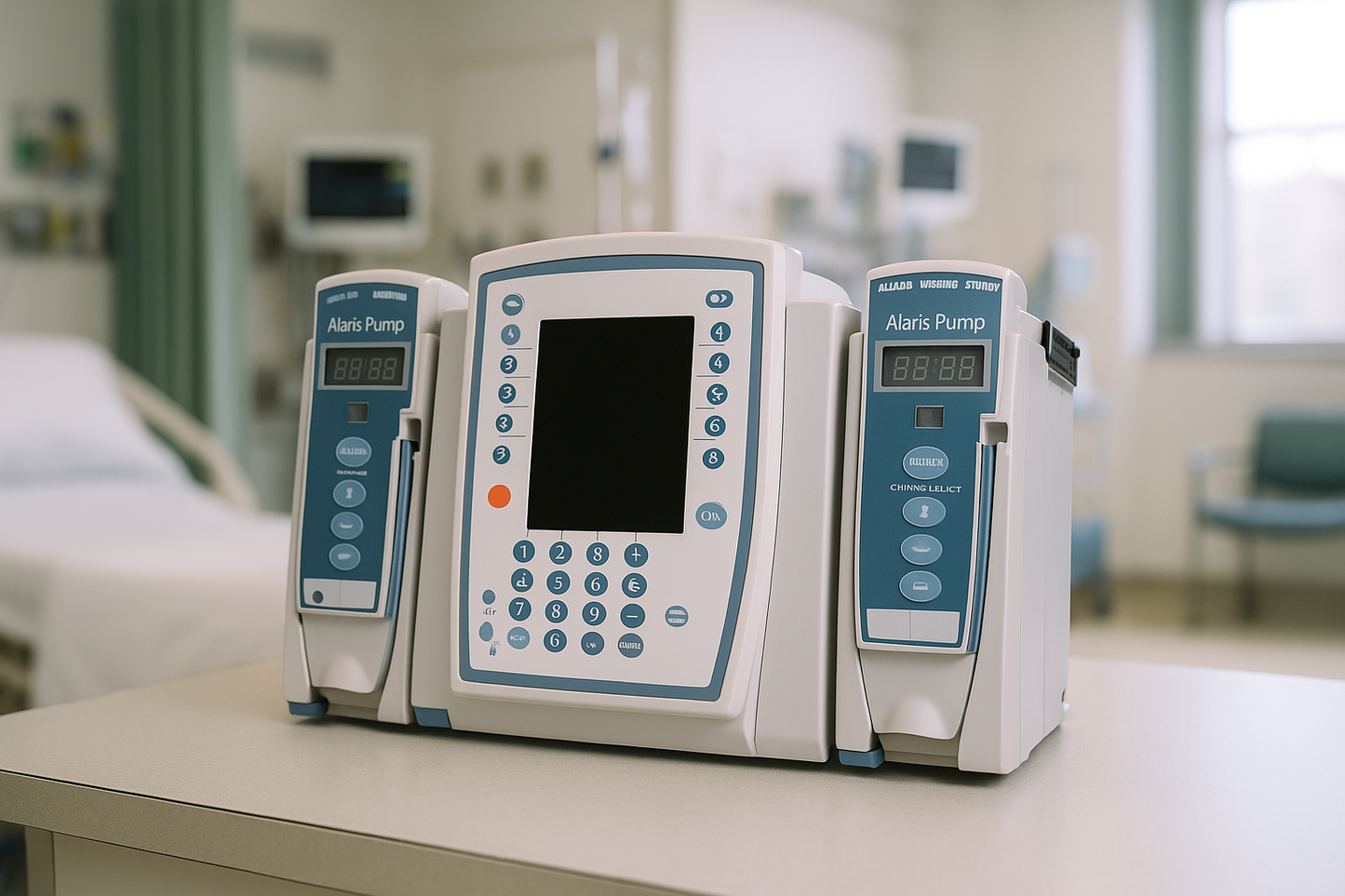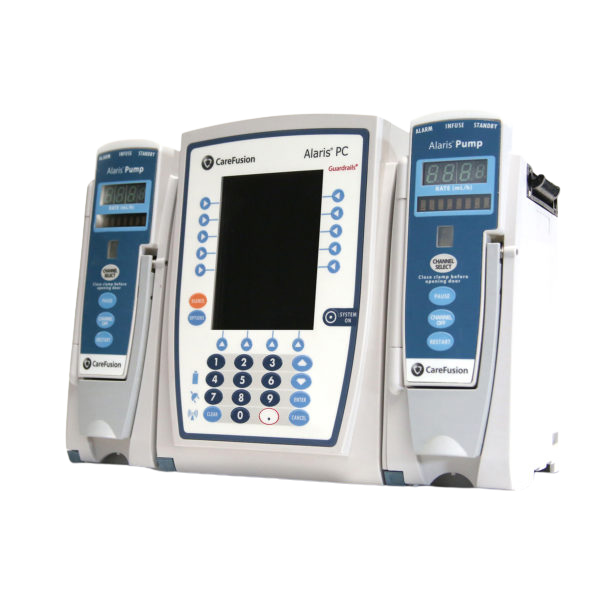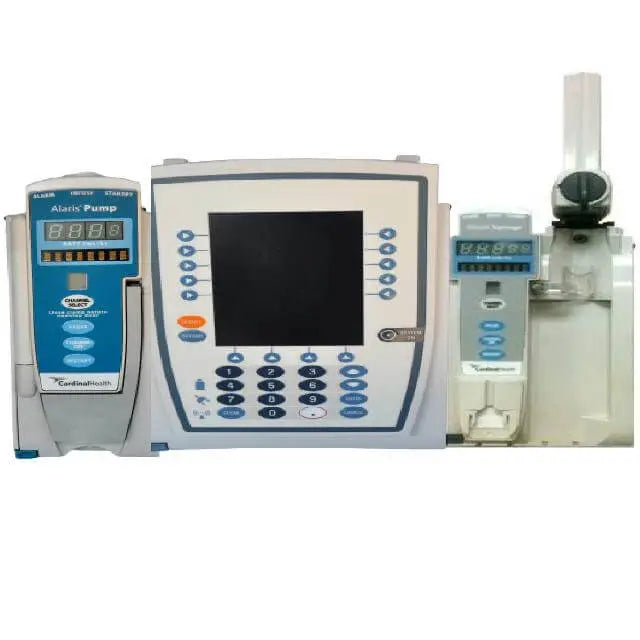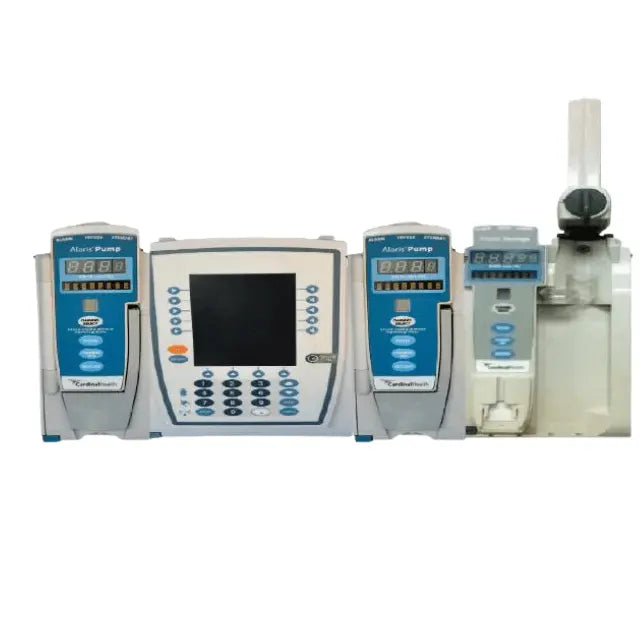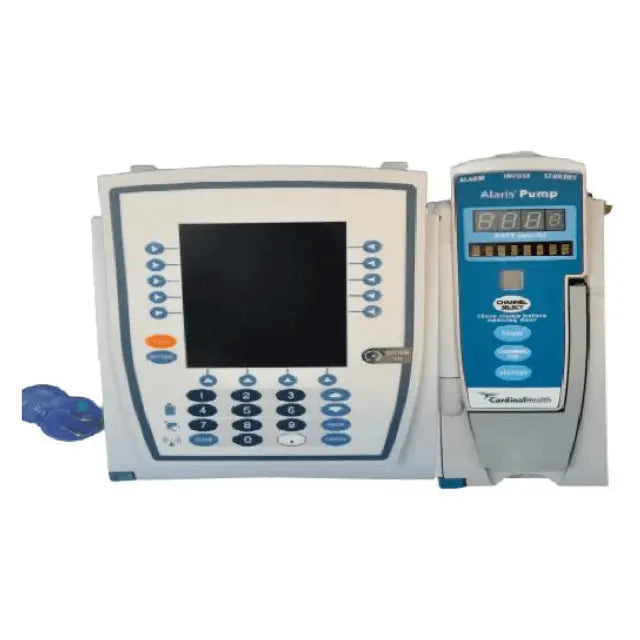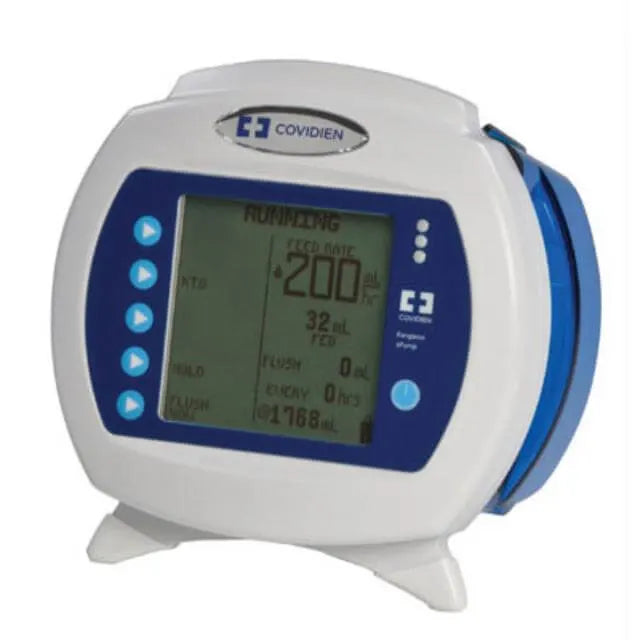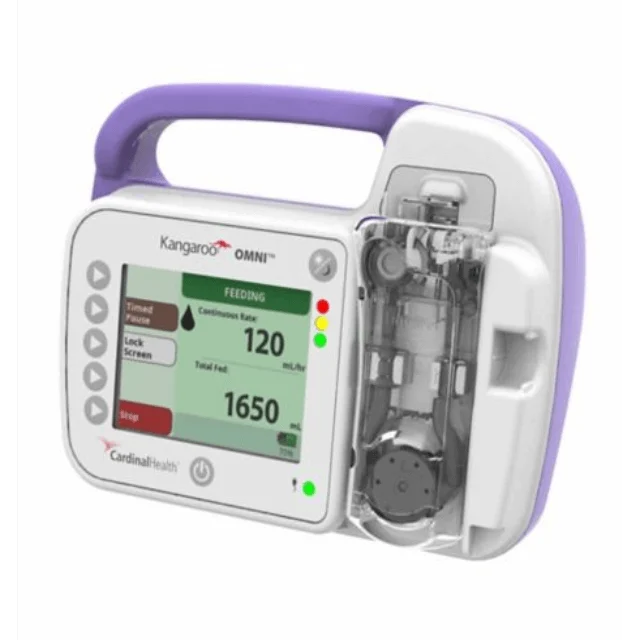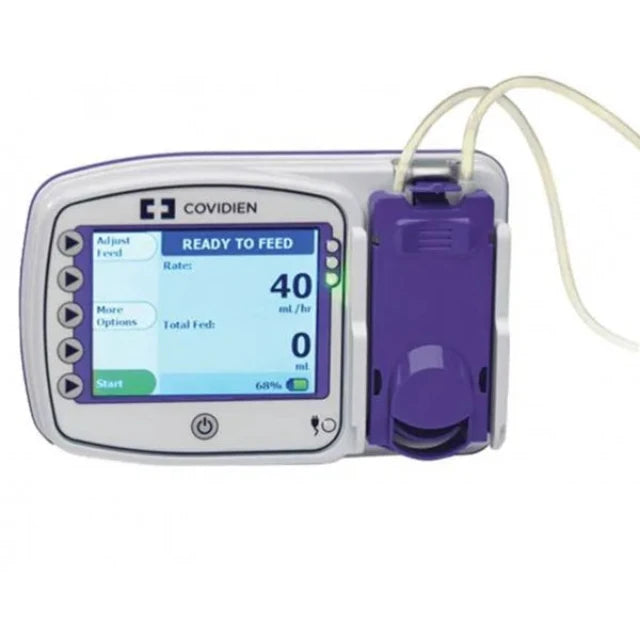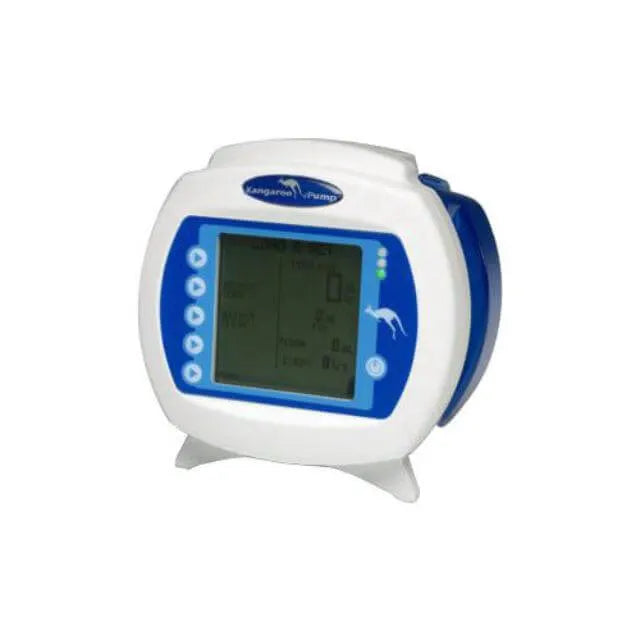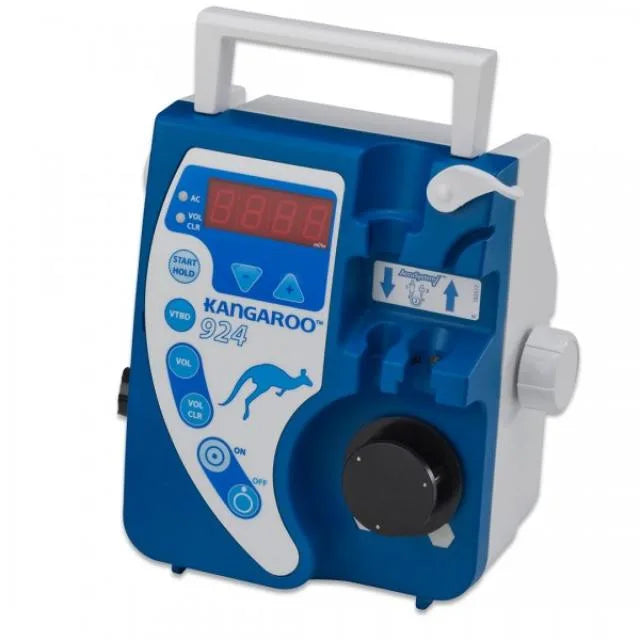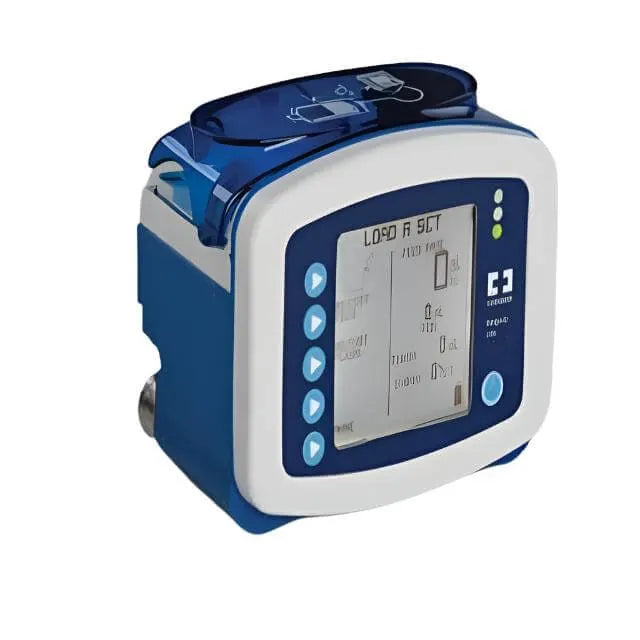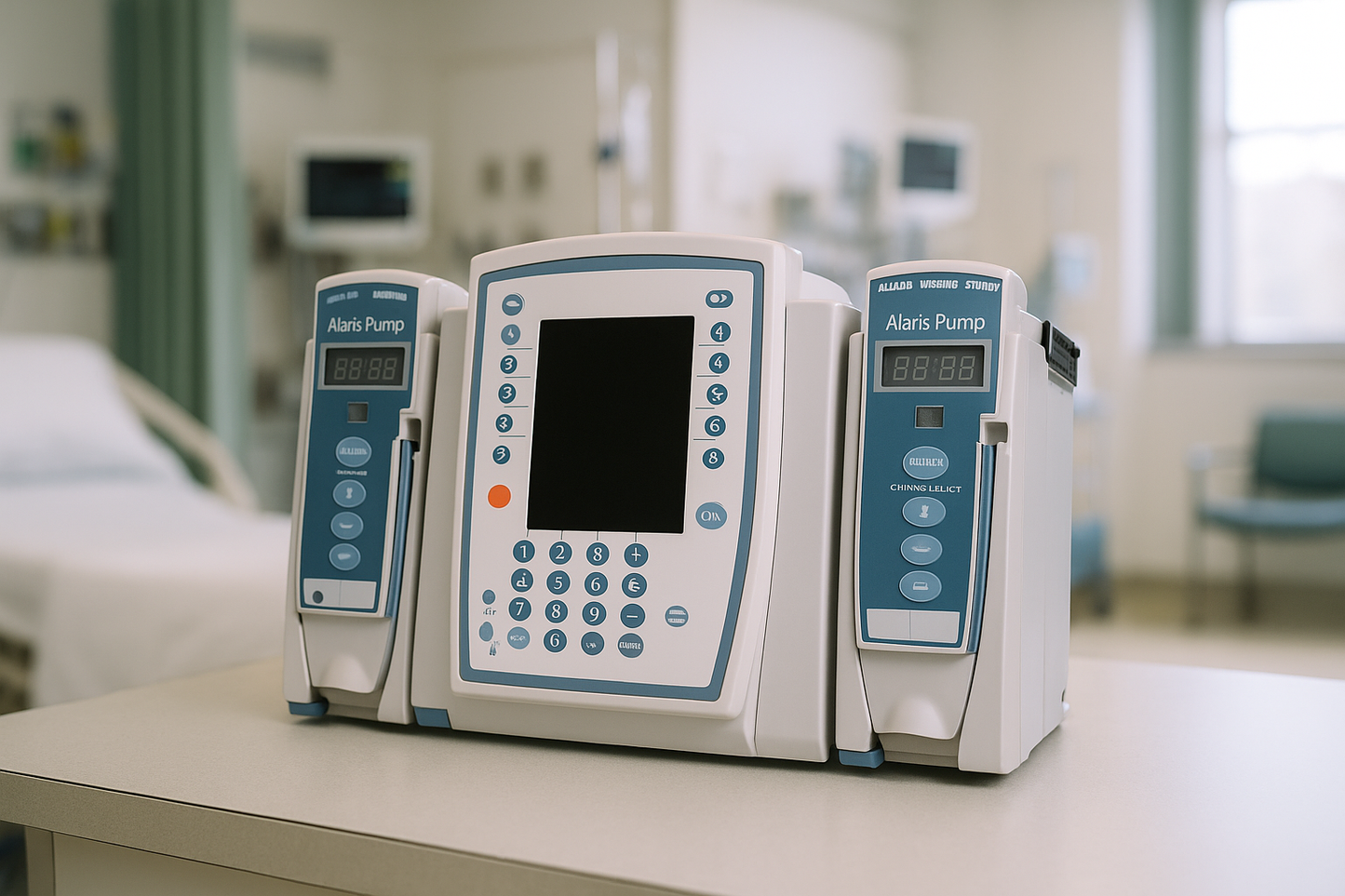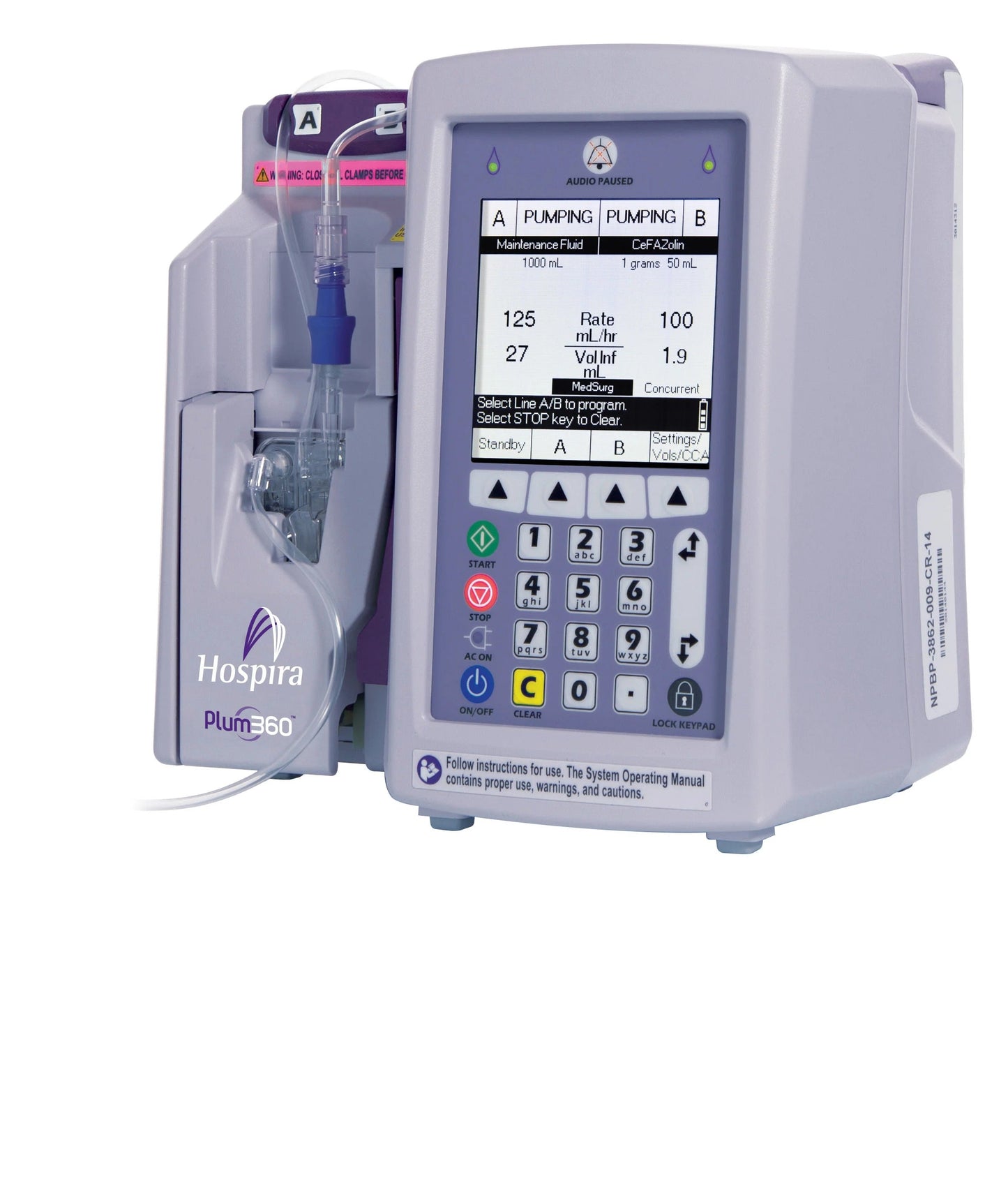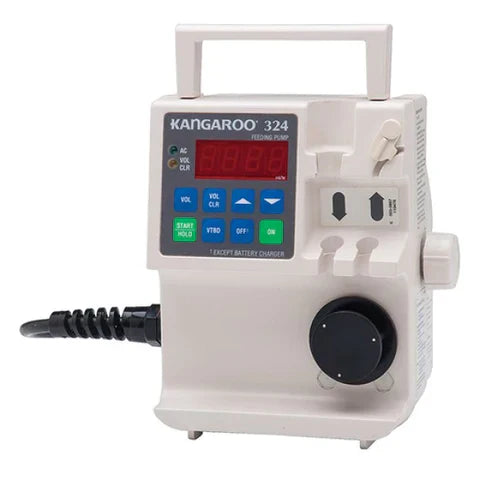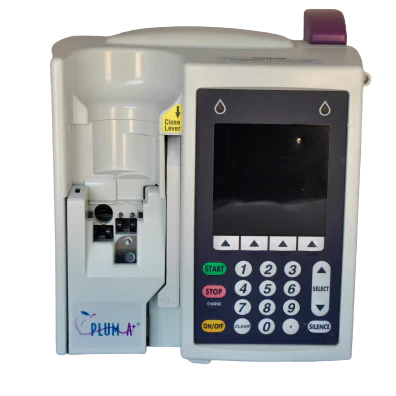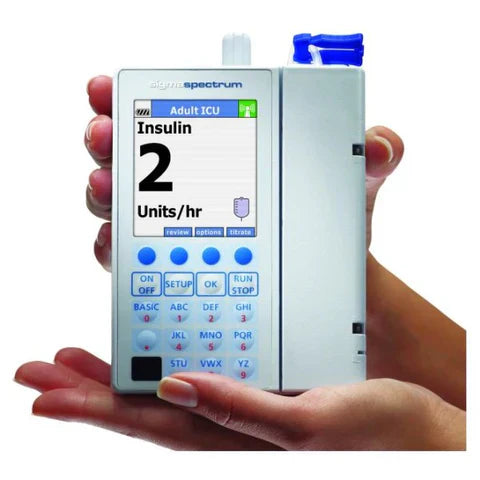
Infusion pumps are medical devices designed to deliver precise amounts of fluids, such as medications, nutrients, or other therapeutic treatments, directly into a patient's body over a specified period of time. They play a crucial role in healthcare settings, ensuring that patients receive the correct dosage of a drug or fluid at the appropriate rate.
As technology has advanced, infusion pumps have evolved into 'smart' infusion pumps, bringing a whole new dimension to patient care. Smart infusion pumps are advanced versions of traditional infusion pumps, integrated with software and sometimes even connected systems, designed to enhance the safety and efficiency of drug delivery. They are equipped with drug libraries, alarms, and other sophisticated features, enabling them to reduce human errors and increase the safety of the medication administration process.
What do Smart Infusion Pumps Do?
Smart infusion pumps have a variety of features, including:
- Safety Checks: Smart pumps come loaded with drug libraries that include standard concentrations, dosing limits, and other drug-specific information. Before administering the drug, the pump verifies that the prescribed dosage is within the safe range, reducing the risk of potential overdose or underdose.
- Advanced Alerts: These pumps can provide warnings and alerts for potential drug interactions, errors in drug selection, or deviations from recommended doses.
- Integration with Electronic Health Records (EHRs): Many smart infusion pumps can integrate seamlessly with EHR systems. This allows for real-time data sharing, ensuring that healthcare providers have up-to-date information about the patient's drug administration.
- Data Collection and Reporting: Smart infusion pumps have the capability to record and store data related to drug administration, which can later be analyzed to ensure quality control, track compliance, and make necessary improvements in patient care.
Do Smart Infusion Pumps Use Artificial Intelligence?
AI is a trending topic in almost every industry right now, including the medical field. Over the past few years, there has been research around developing artificial intelligence for optimized drug infusions. The introduction of machine learning would allow software to recognize a patient’s needs and provide the correct medical dosage through IV Tubing. This technology would revolutionize the future of drug infusions and patient care.
How are Smart Infusion Pumps Different from Traditional Infusion Pumps?
Here are some advantages that come with the advanced technology of smart infusion pumps as opposed to traditional infusion pumps:
- Drug Libraries: Unlike standard pumps, smart infusion pumps come with built-in drug libraries that can be updated and customized according to hospital policies, ensuring that the most recent drug data is available.
- Error Reduction: Smart pumps have multiple mechanisms to detect and alert users about potential errors, which is not typically a feature in standard pumps.
- Connectivity: While traditional pumps operate as standalone devices, many smart pumps can connect to hospital information systems, allowing for data integration, real-time monitoring, and other advanced features.
- User Interface: Smart pumps often have more intuitive user interfaces, complete with touchscreens, easy-to-navigate menus, and more detailed information displays.
- Software Upgrades: Smart infusion pumps can be updated with the latest software versions, ensuring that the device remains current with the latest safety features and drug information.
Smart infusion pumps have changed the way drugs are administered in healthcare settings. By prioritizing safety, precision, and connectivity, they provide an enhanced layer of protection for patients, ensuring that they receive the right medication, in the right dose, at the right time.
